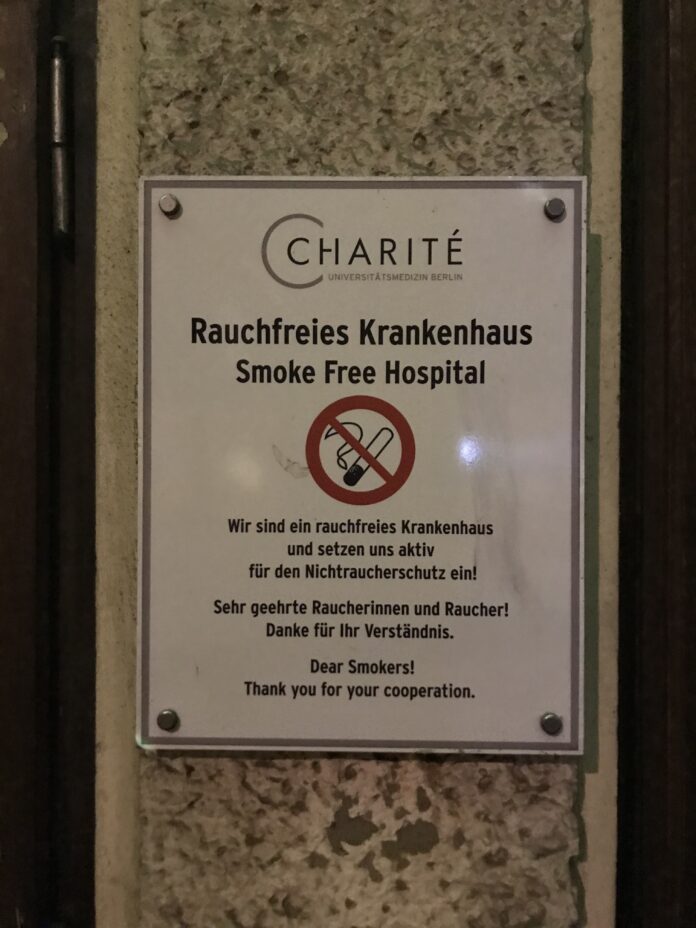22 renowned, international scientists have subjected the study by Cornam et. al, in which Prof. Drosten played a major role, which was fundamental for the establishment of the SARS-CoV-2-PCR test, to an independent peer review process. They came to a damning verdict: the study contains nine serious scientific errors and three minor inaccuracies.
The scientists submitted the request to withdraw the study to the journal Eurosurveillance on 27 November 2020.
Interestingly, Prof. Drosten himself is the editor of the journal, which subjected the publication, which was not submitted until January 21, 2020, to a review process – which now appears to be only superficial – and published it in absolute record time just two days later.
The points of criticism are:
- the design of the primers is inadequate: inaccurate base composition, too low GC content, too high concentrations in the test The only scientifically relevant PCR (N-gene) is presented but is not verified and is also not recommended for testing by the WHO.
- the binding temperature is chosen too high, so that non-specific binding is promoted, which means that gene sequences other than those of SARS-CoV-2 can also be detected.
- the number of cycles is given in the paper as 45, a threshold up to which the reaction is considered truly positive is not defined for the CT value. It is generally known that PCR tests with a number of cycles above 30 regularly do not allow any conclusions about contamination of the sample with the sought-after virus.
- no biomolecular validation has been carried out, therefore there is no confirmation that the amplification products are genuine, are actually produced and also detect the sought-after sequence
- neither positive nor negative controls were performed with regard to virus detection.
- there are no standardized handling instructions available that would ensure that tests are repeated in user laboratories under the same conditions.
- there is a risk of false positive results due to the imprecise test design
- in view of the very short period between submission and publication of the study, it is very unlikely that a peer review process has taken place at all. If a peer review has taken place, it was inadequate because the errors, including formal errors, were not found.
- there are massive conflicts of interest for at least four of the authors in addition to the problem that two of the authors (Prof. Drosten and Chantal Reusken) are members of the editorial board of Eurosurveillance. Two conflicts of interest were disclosed on 29 July 2020: Olfert Landt is CEO of TIB Molbiol, Marco Kaiser is a senior researcher at GenExpress and scientific advisor to TIB Molbiol. These conflicts of interest were not explained in the original version of the study, they are still missing in the version published on PubMed. TIB Molbiol is the company that reportedly was the “first” to produce the PCR kits (Light Mix) based on the protocol published in the Corman-Drosten manuscript. According to the company’s own statement, the company had already distributed the test kits before the study was submitted for approval. Victor Corman and Prof. Drosten have omitted to state their two affiliations: they work not only at the Charité public corporation but also at Labor Berlin Charité Vivantes GmbH. In the laboratory, which carries out real-time PCR tests, they are responsible for virus diagnostics.
The word of the experts involved weighs heavily, since they have concentrated expertise in the field in question. Among them are e.g. the former head of research of Pfizer Dr. Michael Yeadon, the geneticist Kevin McKernan, the main initiator of the Human Genome Project, who holds several patents in the field of PCR diagnostics, the molecular geneticist Dr. Pieter Borger, PhD, the specialist for infectious diseases and preventive medicine Dr. Fabio Franchi, the microbiologist and immunologist Prof. emerit. Dr. Makoto Ohashi and the cell biologist Prof. Dr. Ulrike Kämmerer.




